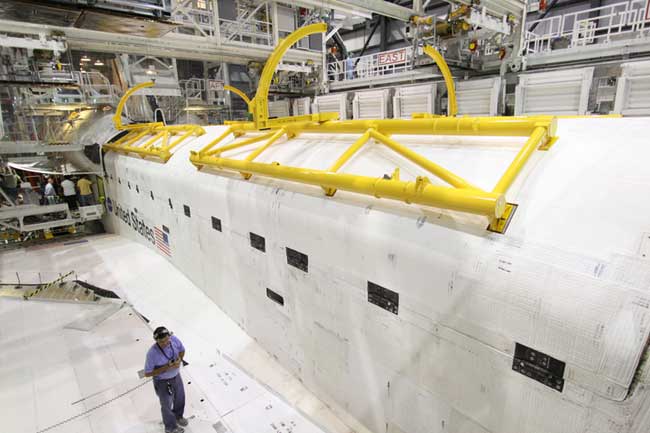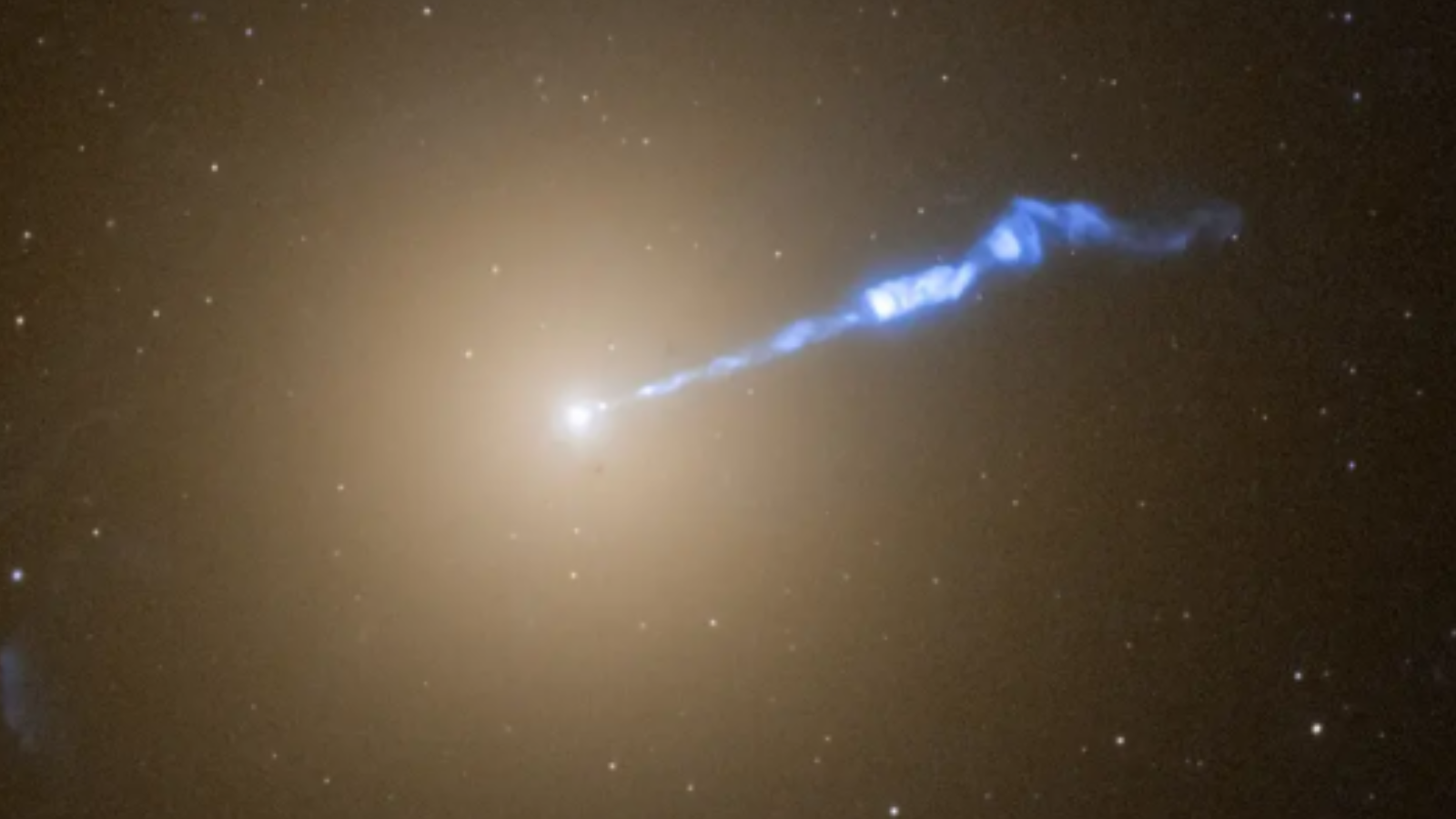Space Traffic, Meteor Showers Threaten Next Shuttle Launch Date

CAPE CANAVERAL - Twoplanned rocket launches, short shuttle launch windows, traffic congestion atthe International Space Station and two meteor showers could conspire to pushspace shuttle Atlantis' planned November flight into the newyear.
But for now, NASA isstaying focused on Nov. 12 as the targeted launch date and prepping the orbiterfor its move to Kennedy Space Center's Vehicle Assembly Building on Tuesday.
Here's the situation:
Atlantis and six astronautsare slatedto blast off at 4:04 p.m. Nov. 12, setting sail on a mission to haul largespare parts to the outpost.
NASA, however, will havejust eight days to get the shuttle aloft.
The sun angle on thestation from Nov. 21 through Dec. 5 will be such that the outpost could notgenerate enough electricity, or dispel enough heat, to support a dockedshuttle.
A delay beyond Nov. 20 wouldpush launch to a weeklong window that opens Dec. 6. NASA in that case wouldneed to launch Atlantis by Dec. 13 to finish its mission and depart the stationin advance of the Dec. 23 arrival of a Russiancrew transport craft.
Breaking space news, the latest updates on rocket launches, skywatching events and more!
Bottom line: If Atlantis stillis on the ground Dec. 14, its launch would be delayed until around Jan. 7. NASAwould avoid flying during the New Year's holiday because the shuttle'scomputers are not designed to handle the year-end rollover.
Two other factors are inplay:
A UnitedLaunch Alliance Atlas 5 rocket is scheduled to loft a commercial communicationssatellite on Nov. 14. Then a Delta 4 rocket is set to blast off Nov. 18.
The U.S. Air Force EasternRange provides tracking and public safety services for all launches from CapeCanaveral and Kennedy Space Center. But 24 to 48 hours are required to resetsystems between launches.
So NASA might have to standdown Atlantis if the Nov. 12 launch is delayed.
The annual Leonids meteor shower will peak on Nov. 17; the Geminids will peak Dec. 13 and Dec. 14.
The showers will producehundreds of meteoroids per hour. NASA wouldn't launch a shuttle into a cosmicshooting gallery, so managers likely would forego any launch opportunity at thepeak of either shower.
NASA in August 1993 delayeda Discovery launch attempt by a day to avoid the peak of an extra active Perseid meteor shower.
- Image Gallery - Shuttle Discovery's Midnight Launch
- NASA Reveals Crew for Last Scheduled Shuttle Mission
- Video - How to Make a Space Burrito
Todd Halvoron is a veteran aerospace journalist based in Titusville, Florida who covered NASA and the U.S. space program for 27 years with Florida Today. His coverage for Florida Today also appeared in USA Today, Space.com and 80 other newspapers across the United States. Todd earned a bachelor's degree in English literature, journalism and fiction from the University of Cincinnati and also served as Florida Today's Kennedy Space Center Bureau Chief during his tenure at Florida Today. Halvorson has been an independent aerospace journalist since 2013.
